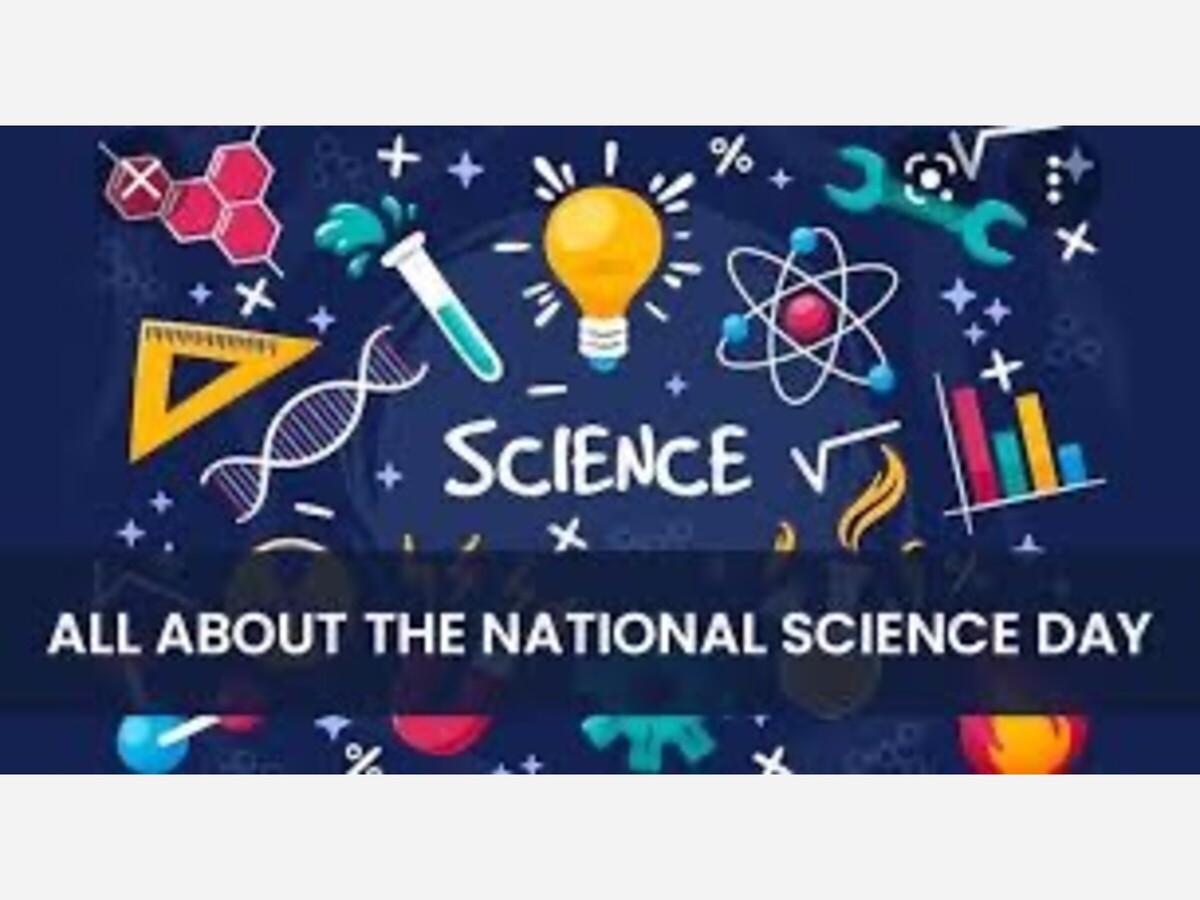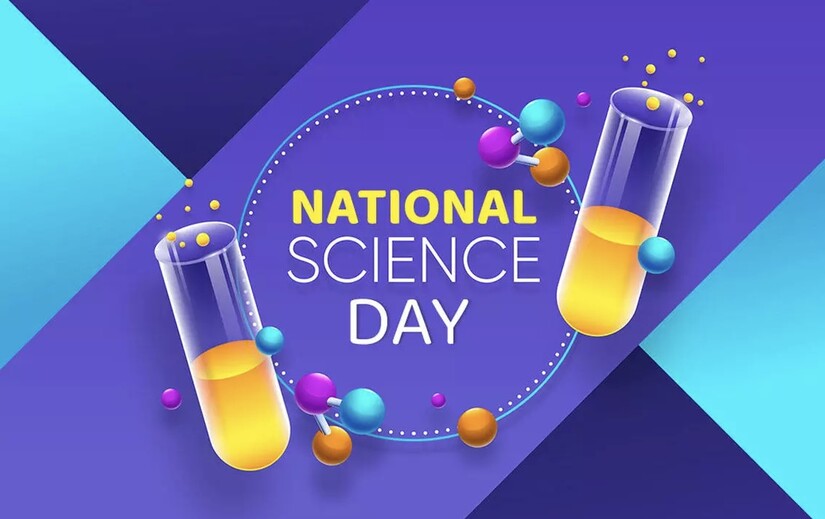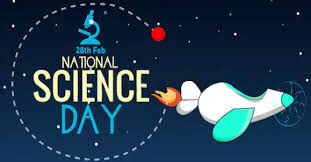Image


India celebrates National Science Day on February 28th each year to commemorate the discovery of the Raman Effect by Sir C.V. Raman in 1928. The National Council for Science and Technology Communication (NCSTC), in 1986, proposed to the Indian government to designate February 28th as National Science Day. The proposal was accepted, leading to the first official National Science Day celebration in 1987.
The day focuses on promoting a culture of scientific thinking and reasoning. It aims to inspire students to pursue careers in science, technology, engineering, and mathematics (STEM) fields.

National Science Day provides a platform to highlight achievements in science by Indian scientists, both past and present, and to showcase advancements in various fields. The day aims to foster awareness and appreciation for science among the general public, breaking down complex scientific concepts for easy understanding and engagement.
Each year, the government announces a specific theme for National Science Day. These themes touch upon areas such as sustainable development, science communication, and technological innovation. Schools, universities, research institutions, and science centers across India organize various events, including lectures by renowned scientists, workshops, exhibitions, debates, and quizzes. The Indian government presents awards and recognition to individuals and organizations for outstanding contributions in science communication.
Theme 2024: “Indigenous technologies for Viksit Bharat"
Indigenous Technologies: This refers to technologies that are developed and created within India, rather than being imported or adopted from other countries. It emphasizes the importance of fostering self-reliance in science and technology.
Viksit Bharat: This translates to "Developed India" or "Developed Nation". It signifies a vision for India's future where science and technology play a crucial role in achieving socio-economic progress and overall development.
Examples:
Developing and using solar panels manufactured within India to address energy needs instead of relying solely on imported ones.
Innovating and implementing cost-effective water purification technologies suitable for local conditions rather than relying on pre-existing solutions from other countries.
Encouraging research and development in areas like agriculture and healthcare to address specific challenges faced by India and its people.

Essentially, the theme of "Indigenous Technologies for Viksit Bharat" promotes the idea that India can achieve sustainable development and progress by focusing on creating its own technological solutions and utilizing science and innovation to address national priorities and challenges.
The United States does not officially honor or recognize February 28th as National Science Day. While the United States celebrates many national days and observances throughout the year, there isn't one specifically dedicated to science on February 28th. However, the United States does recognize the importance of science through other means, such as: National Science and Technology Week: Occurring in April, this week focuses on celebrating and promoting scientific breakthroughs and their impact on society. Scientific Research Agencies: The U.S. has numerous government agencies dedicated to funding and supporting scientific research, including the National Science Foundation (NSF), the National Institutes of Health (NIH), and NASA. Educational Initiatives: Many schools and universities across the nation hold science fairs, competitions, and awareness campaigns to foster interest in science and research among students.
National Science Day has been effective in fostering interest in science among students and the general public, stimulating increased interest in STEM fields and encouraging greater scientific understanding and research within India.
Image sourced from East coast daily.com and practically.com